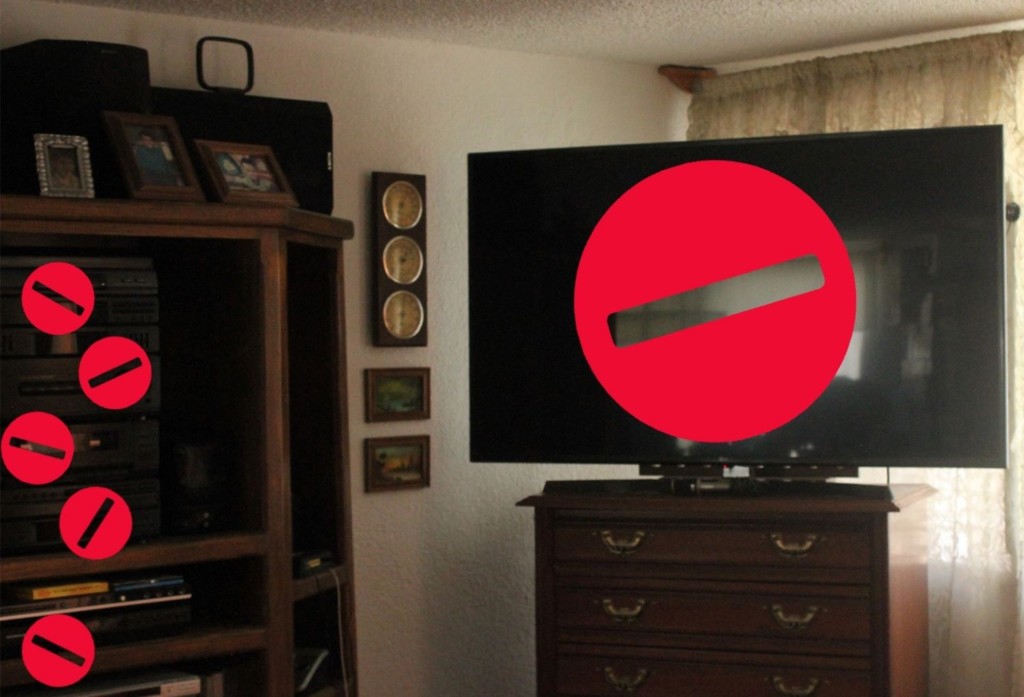
Blocking Russian propaganda may not help us at all
By Mathew Fraser, Editor in Chief
As the Russian invasion of Ukraine has entered its second week, much of the Western world—particularly America—has worked to find ways to target Putin and the government he controls in order to both punish and dissuade negative actions. One of the ways that has received increased support and embrace has been to target state-sponsored Russian media outlets; the most targeted of Russian outlets are Russia Today (RT) and Sputnik. Corporations including Meta (owner of Facebook and Instagram), Apple, Alphabet (owner of Google), and Microsoft have all agreed to pull the media sites from their app stores or restrict access on their websites.
The E.U. recently enacted a ban on both RT and Sputnik. Ursula von der Leyen, President of the European Commission said in a statement that the purpose was to arrest the spread of Russian disinformation about the ongoing invasion. This makes sense, given that within Russias borders Putin has claimed that there is an ongoing genocide against ethnic Russians (a claim that has been proven false) while also attempting to frame the invasion as a “special military operation” and a peacekeeping mission. With that in mind, it seems logical to want to prevent the spread of whitewashing lies and harmful untruths through censorship. Unfortunately, the goal is not properly met through these actions and the unintended consequences are dire.
For one, many western politicians and media outlets have massively discredited themselves by referring to just about anyone with a non-hawkish stance towards Russia as a Russian propagandist or asset. As recently as February 15, conservative-leaning financial website Zero Hedge was accused by U.S. intelligence officials of “amplifying Kremlin propaganda” according to ABC News. A little earlier on February 3, White House Press Secretary Jen Psaki accused Senator Josh Hawley of “digesting Russian misinformation and parroting Russian talking points” when asked to respond to an op-ed he had written for Axios.
These accusations undermine the initial credibility of labelling media outlets as propaganda. The idea that someone who speaks directly for the White House could be seen as credible after labelling someone as hawkish and inflammatory as Hawley a Russian asset is ludicrous. Even if you find the arguments made by Zero Hedge to be disagreeable, them not salivating for war with Russia is not the same as being compromised or influenced by Russia. And there are countless other examples of American outlets and individuals being maligned as Russian assets including Hillary Clinton’s infamous attack on Tulsi Gabbard.
However, of primary importance is the fact that Russian media is the only way to get an accurate understanding of what the Russian people are thinking and what their interpretation of the situation is. Even if you do not agree with the Kremlin’s stance and actions, they are reactive through their propaganda to the shifts in public opinion. For instance, RT posted an article entitled “Putin explains why Ukraine attack went beyond Donbas;” even though nearly every word contained within the article is a direct parroting of the Kremlin thought, we can see that the Kremlin is being forced to justify the hypocrisy of it’s actions to the population.
More importantly, the more aggressive Russian media organizations reveal some of the more dangerous ideas held by the Russian government. An English-language article posted on Pravda included one of the most chilling threats of nuclear destruction in the line: “Boxed into a corner, surrounded by western armies and blockaded with sanctions, the little red buttons may seem the only viable alternative to a humiliating defeat.” [Emphasis from the original article.] The article also included a scathing critique of western consumerism and the threat to destroy “the limited capabilities of the Ukrainian army and causing severe damage to its infrastructure” and leave “an already economically declining west to pay for rebuilding [it].” Seeing as we are facing down a proven unpredictable foe, it is imperative that western civilians and politicians should have as much access to the information Putin is willing to give us to judge our best forward movements.
On the other hand, Russian media may be the only place where we can actually witness and properly judge the Russian population’s rejection of Putin’s war. The ongoing anti-war protests across Russia have resulted in nearly 6,000 arrests including a group of school children who were arrested with their mothers. The original post by Novaya Gazeta that I saw seems to have been removed, but it seems unlikely that anyone will have a faster and more accurate accounting of what is happening in Russia than Russian media.
Unfortunately, the Kremlin has just passed a law to punish media outlets spreading “fake news” with up to 15 years in prison for their transgressions. The irony is that now a Russian media source is banned from telling the truth and even if they could, they’d be banned from sharing it with western audiences. If nothing else, we know that media control is a goal shared by both the Kremlin and the EU.


